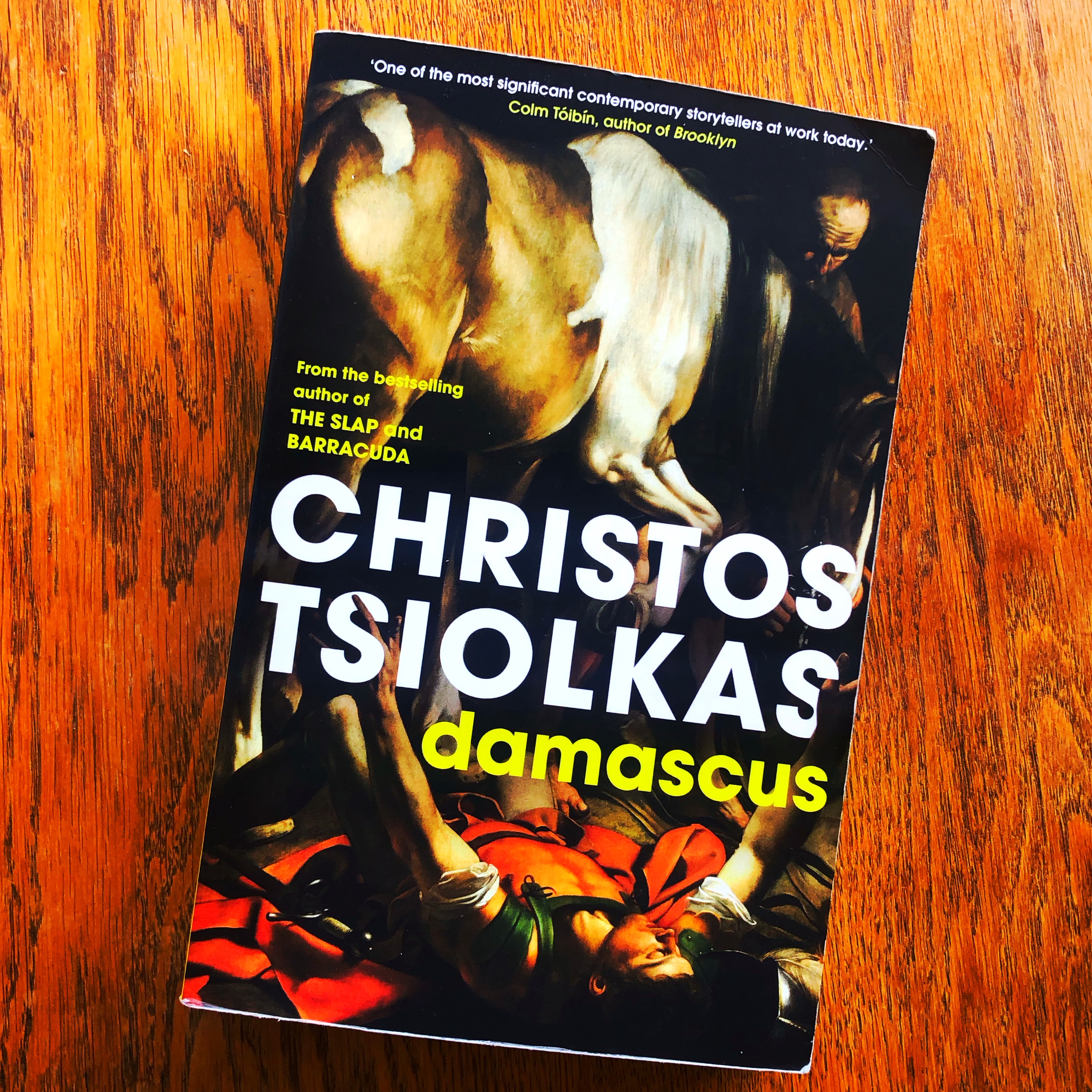You know how it is.
Driving home late from work. Rain thrashing down and the windscreen misting up. Looking forward to getting home . . . That’s when I remembered I needed to stop off somewhere to pick up some milk for the morning. It was tiresome but it had to be done. I pulled off the road and down into supermarket car park, two levels below the ground.
Twenty minutes later I was back with the milk and somehow, too, with a couple of bulging plastic bags full of shopping. On my way to the car, though, I stopped in my tracks as a ripple of emotion ran through me. How could the sight of a children’s ride – a fairground horse – throw me into such confusion?
These rides are a common sight in shopping centres. A bulbous little spaceship. Postman Pat’s van. When a coin is inserted, they rock gently up and down, lights flashing, with an entranced four-year old inside. It’s a poignant sight, to see a little person open-mouthed in wonder at such a humble experience. I hadn’t expected to come across a ride down in the gloomy parking basement beneath the supermarket, however, especially in the form of a brightly-coloured merry-go-round horse.
My reaction was, I realised, an echo of how I would have felt as a child towards the mechanical horse – as though it were a living thing. Poor, lonely horse, I might have whispered in its ear, while stroking its nose. Later, lying warm in bed, I would remember it standing all night under the blue neon light of the car park.
‘You should be in a busy fairground, going round to the music of a hurdy-gurdy, surrounded by coloured lightbulbs and children eating candy floss. Instead, you are exiled down in this damp and silent underground car park . Well, I at least care about you,’ I might have said in a letter which never actually got written, which was never posted to who-knows-where? Perhaps to that land where my other friend at the time, Rupert Bear played with Tiger Lily, who lived in a pagoda with her magician father.
It wasn’t just the merry-go-round horse which drew my sympathy. As a child, I regarded all sorts of other inanimate objects as having feelings too, even what I wore. When I was bought a new shirt, I would ‘introduce’ it to my other clothes. What was behind this urge to reach out emotionally to objects? To invest them with such feelings of loneliness and longing for warmth. A psychologist might offer explanations. The realisation of ‘object permanence’ – that things exist in themselves, independent of our observation? A projection of my own feelings at the time? Who knows. I prefer a more philosophical explanation . . .
Only humans have evolved to imagine how it feels to be something other than ourselves. (We shout at a cat for playing with a mouse, but puss has no understanding of the fear and pain she causes. A mouse is merely food with legs.) This capacity which we become aware of as children – imagination – is an extraordinary leap in evolution – projecting our consciousness into that which is not us. It is akin to magic. We can put ourselves into another creature’s mind and imagine what is is thinking, what it is feeling.
It’s not hard to see what an advantage this was to our hunting, neolithic ancestors. Just as I felt a flicker of empathy for the fairground horse, our ancestors will have imagined what it was to be a wild horse or deer – carving it out in chalk on an English hillside or painted in a Lascaux cave.
As well as the ability to be in two places simultaneously, this imaginative faculty allows us the very human (and often infuriating) capacity to ‘know’ or believe two contradictory things at once, with all the wonders and the troubles this has brought us. Mythologies and religion. Odysseus and Santa Claus. Every character in all of literature since we first started ‘making up’ stories and suspending disbelief while they were told.
That fairground horse in the underground car park has a lot of company after all.





Just read your posting about your double life and then came across this Paul. I too, many times have reached out emotionally to inanimate objects and still do; often catching myself in the act of connecting and telling myself ‘Don’t be so bloody stupid’. Radiating sympathy and understanding because I can’t help myself. I like the fact that I do it though and I am very glad to hear that I am not the only one.